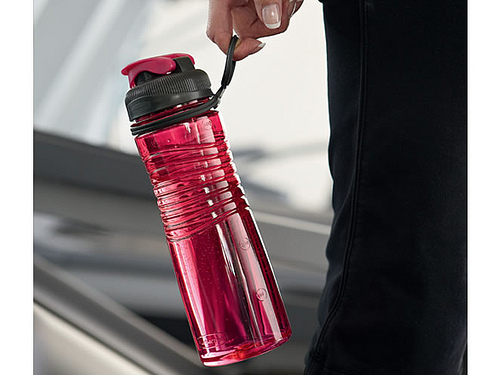Diabetes insipidus is a medical condition in which the kidneys are unable to retain water in the body. Before you check out the various diabetes insipidus treatment options, it is essential to understand the condition first.

Some Brief Facts On Diabetes Insipidus
The amount of water conserved in the body is controlled by the Antidiuretic Hormone (ADH), which is also called vasopressin. Diabetes insipidus often results due to ADH deficiency, and in such cases, it is called Central Diabetes Insipidus. It might also occur when the kidneys do not function properly in response to ADH, and in such cases, it is called Nephrogenic Diabetes Insipidus.
Sometimes, the problem may be a result of drug usage, especially drugs like Lithium and Amphotericin B. This condition affects adults as well as children.
The common symptoms you may experience in diabetes insipidus are polyuria, polydipsia, and easy fatigability. In children, there may be additional symptoms like excessive crying and bedwetting.
Diabetes Insipidus Treatment Measures
Diabetes insipidus treatment measures can be divided mainly into two types – general measures and hormonal therapy.
General Diabetes Insipidus Treatment Measures
-
Maintaining Hydration
The most common problem associated with diabetes insipidus is dehydration. The excessive loss of fluid due to polyuria often causes the deficit in the body. You need to keep your body well hydrated by consuming sufficient amounts of fluids. However, it is also very important that you do not drink too much water, as excessive water consumption can cause serious side effects.
-
Maintaining Body Weight
You could experience a drop in your body weight as well due to the amount of water lost from the body. You can keep this in check by consuming enough fluids.
As a precautionary measure, it is always advisable to carry an identification card if you suffer from diabetes insipidus. This card should have information about your name, address, the medical condition that you have, and the medications you are taking. This will ensure that you get immediate medical help when you need it.
Hormonal Diabetes Insipidus Treatment Measures
As discussed above, in some cases, diabetes insipidus can be the result of a deficiency of the anti diuretic hormone vasopressin. This hormone is responsible for retaining water in the body. The medication used to treat this disorder is called desmopressin acetate (DDAVP), which is similar to the antidiuretic hormone (ADH). DDAVP can be administered by injection into the muscle or by nasal spray. There are newer medications like Terlipressin, Lypressin, and Felypressin which are similar to DDAVP.
Sometimes diabetes insipidus can be controlled with drugs that stimulate the production of antidiuretic hormones such as chlorpropamide, carbamazepine, and clofibrate.
In the case of people who suffer from nephrogenic diabetes insipidus, water pills (thiazide diuretics) may be used. Thiazide diuretics have been shown to stimulate the production of a hormone that helps the body retain salt, and this additional salt prevents the loss of water in the body.
Through these diabetes insipidus treatment measures, the disease can be effectively controlled and managed. It is important to follow your physician’s instructions before proceeding with these measures.